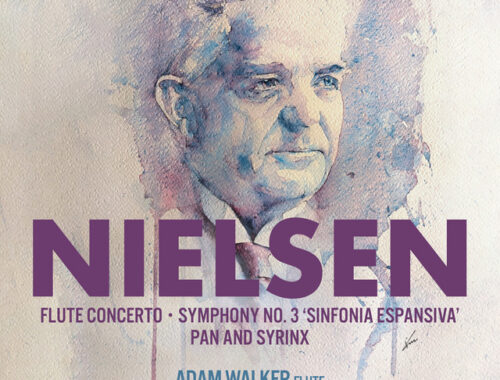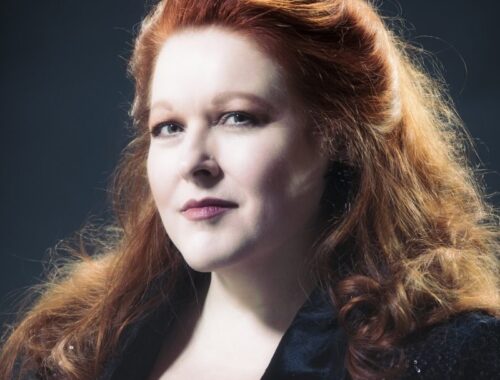Hamlisch’s “Sweet Smell of Success” gets feisty UK premiere at the Arcola Theatre
It’s well known that a composer’s latest “baby” is always his favourite but when I met with Marvin Hamlisch a few days after the Broadway opening back in 2002 he really was full of The Sweet Smell of Success. He felt he’d caught the mood of the times (the early 50s), the brassy, neon-lit, ruthlessness of its energy; he felt that he and his lyricist, Craig Carnelia, and book writer, John Guare, had succeeded in not softening the dark heart of the original novella as musicals (to say nothing of movies) are wont to do. As Broadway scores went this one was hard-hitting and then some.
Sitting in the Martin Beck Theatre on Broadway I just didn’t get that fierce immediacy at the time. Too big, too glossy. I took the CD home as a souvenir and put it on the shelf for a rainy day. Sitting in the Arcola Theatre for its UK premiere this week I totally got where Hamlisch had been coming from. The sweet sickly smell of success is right under one’s nose and every character on stage is quite literally jostling for a piece of it. These were tumultuous times and Mehmet Ergen’s sharp edgy staging (excitingly, strenuously, choreographed by Nathan M. Wright) goes into overdrive to convey that. Success and cynicism rules and “survival of the fittest” is no longer just a catchphrase.
At the Arcola we are in every sense “in the thick of it”. Nowhere to hide. Music Director Bob Broad’s seven-piece band is pumped up to sound three times larger. Pete Dawson, his terrific drummer, keeps everything at the sizzle – rhythm, rhythm, pulsing rhythm, drives this score and Hamlisch’s “Greek Chorus” of New Yorkers is the feeding frenzy at its heart. Even the ballads are torch songs (Stuart Matthew Price – as the club singer Dallas – really wraps his ringing tenor round “I Cannot Hear the City”) and the biggest number in the show, an absolute corker entitled “At the Fountain”, is fraught with ambition and a genuine moment of self-revelation for the would-be columnist Sidney Falcone, played with full-throated intensity by Adrian der Gregorian.
Perhaps the other reason the show works so much better in this environment and this production is that David Bamber’s JJ Hunsecker is not just drunk on his power but psychopathic about hanging on to it. The relationship with his sister Susan (the glamorous Caroline Keiff) is creepy to say the least, a whisker away from abuse, and another quite brilliant touch in the score is the way in which she turns the number “For Susan” (at first so tender, so innocuous) back on him at the close. John Lithgow played Hunsecker with chilling restraint on Broadway but Bamber is the more frightening for being so visibly unhinged. Perhaps Lithgow should pop over while he’s playing at the National.
A welcome revival, then, of a very smart and accomplished piece – further proof, if such were needed, that the greatest service to musical theatre is now happening off-West End.
A Conversation With CALIXTO BIEITO
You May Also Like

GRAMOPHONE Review: NIELSEN Flute Concerto, Symphony No. 3, Pan & Syrinx – Bergen Philharmonic/Gardner
03/06/2024
GRAMOPHONE Review: Britten Sinfonia da Requiem – City of Birmingham Symphony/Gražinytė-Tyla Orchestra
09/12/2020